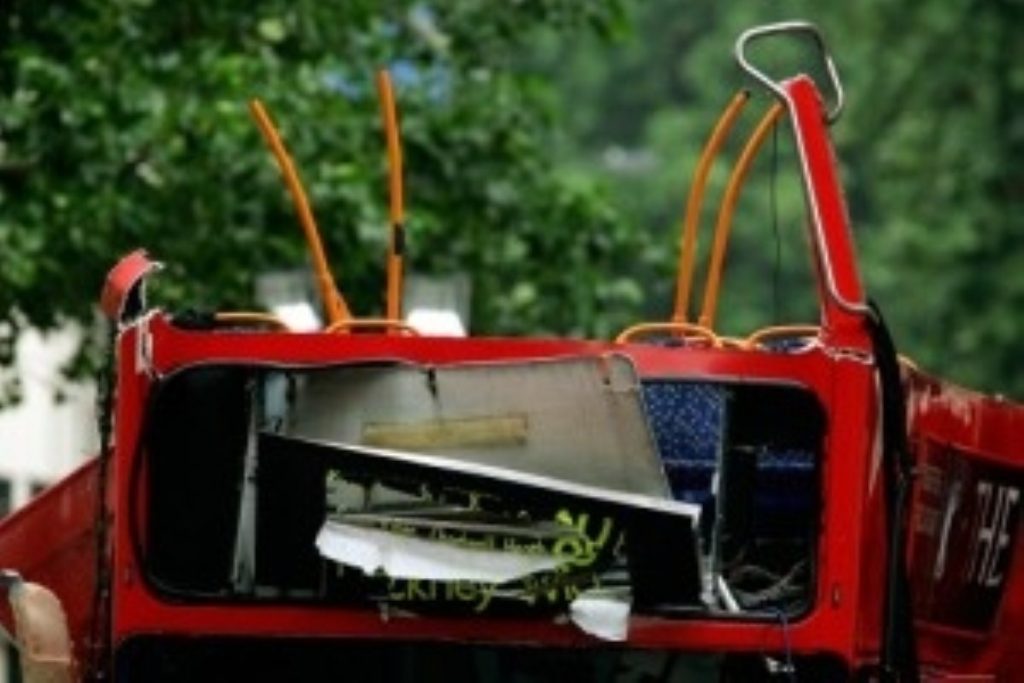MI5 cleared over London bombings
The security services cannot be blamed for failing to prevent the July 7th London bombings, a parliamentary report finds today.
The security and intelligence committee says the “sheer scale” of work facing the intelligence services and their “comparatively small capacity to cover it” explained their failure to prevent last summer’s attacks, which killed 52 people.
Sidique Khan and Shazad Tanweer, two of the four British-born men who blew themselves up on the London transport system on July 7th, were known to the security services beforehand on the “peripheries of other surveillance”.
They were not pursued, but while today’s report says the chance of preventing the bombings “might have been greater” if they had been, it notes that stretched resources and “more pressing priorities” made the decision “understandable”.


“In reaching this conclusion we have been struck by the sheer scale of the
problem that our intelligence and security agencies face and their comparatively small capacity to cover it,” says the report, written by nine MPs and one peer.
The committee says the decision to lower the threat level from ‘severe general’ to ‘substantial’ prior to July 7th was “not unreasonable”, saying that ‘substantial’ still indicated a high level of threat.
It notes that this was unlikely to have had much effect on the four suicide bombers themselves, but for this reason says the threat system must be changed to make it more transparent and to inform the public about what it means.
The committee does, however, express concern at the security services’ understanding of the threat posed by home-grown terrorism and the radicalisation of British citizens, warning that such knowledge was “critical” in countering the threat effectively.
In particular, it notes that the joint intelligence committee (JIC) said in March 2005 that suicide attacks would not become the norm in Europe, something that might have had an effect on the “alertness” of the intelligence services.
However, it finds the extent to which the attacks were planned outside Britain or were linked to outside organisations, such as al-Qaida, “remains unclear” – Khan and Tanweer were likely to have engaged in some training in Pakistan, but there was no official link.
Finally, the report calls for better cooperation between the security forces and police forces such as Special Branch, and notes that more resources implemented sooner, both in the UK and Pakistan, could have helped.
In a statement, the government welcomed the committee’s praise for the “excellent” work undertaken by the security forces, and accepted most of its recommendations, including providing more transparency in the threat levels.
It insisted that the restructuring of police forces across England and Wales would “strengthen capacity” to deal with terrorism, and said an extra £30 million next year and £60 million the year after would be available to Special Branch units outside London.
To read the report visit www.cabinetoffice.gov.uk









